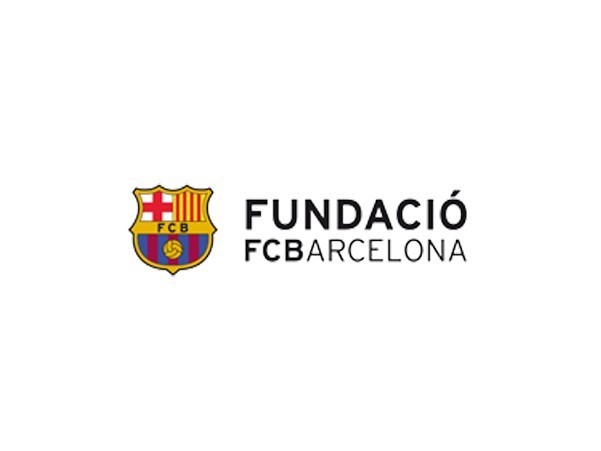Sports-based employability for unaccompanied minors

Context
Unaccompanied refugee minors do not benefit from a family context in which to develop the social and behavioural skills needed for employment and adulthood. Research highlights the importance of programmes focusing on employability skills for young migrants living in residential services. Once an unaccompanied refugee minor turns 18 and leaves the care system, they face the challenge of transitioning to self-sufficiency. Employment is therefore a critical dimension in this transition process and these young adults need targeted guidance, structure, information and tools to progress towards self-sufficiency.
Project content
The Barça Foundation project aims to develop, pilot and evaluate a new sports-based methodology that introduces and improves the required knowledge, skills and networks associated with increased employability. It is specifically tailored to unaccompanied minors aged 16–18 years and young migrants at high risk of social exclusion aged 18–21 years.
The methodology reflects the daily realities and needs of this specific population by developing habits, behaviours and soft skills that promote employability:
- Self-organisation
- Professional development
- Decision-making and problem solving
- Teamwork
- Communication
- Perseverance
- Flexibility
- Individual and collective responsibility
Objectives
The objective of the project is to combat the social and educational exclusion of unaccompanied refugee minors and young migrants.
Project activities
Developing the new methodology:
- Designing and developing a new sports-based employability methodology for unaccompanied refugee minors and young migrants
- Identifying the most relevant information, skills, and networks to equip unaccompanied refugee minors and young migrants to enter the job market in Europe
- Designing and developing new training materials
Training coaches and educators on the new methodology:
- Delivering training seminars via coaches and educators from implementation partner organisations in transit and destination countries in Europe
- Equipping coaches and educators with key methodology materials and developing a pilot programme schedule
Monitoring implementation of the new methodology:
- Developing a set of indicators to assess the social impact of the new methodology
- Facilitating exchange and communication among coaches and educators from each implementation context to promote the sharing of learning and experiences
- Connecting unaccompanied refugees and young migrants with companies identified as able to offer employment (to be first piloted in Catalonia)
Evaluating, reporting and communication:
- Promoting visibility and understanding of the programme on an international scale
- Conducting an assessment with data collected from each pilot implementation location
- Producing a report on the impact of the methodology and giving recommendations for future implementation
Expected results
- A new sport-based employability methodology for unaccompanied refugee minors and young migrants developed and piloted in transit and destination countries in Europe
- A cohort of coaches and educators in transit and destination countries trained in the new methodology
- A group of beneficiaries (unaccompanied refugee minors and young migrants) with improved employability knowledge, skills and networks
- A set of new indicators that assess the social impact of the new methodology on unaccompanied refugee minors and young migrants
- Strengthened workplace connections to bridge the gap between unaccompanied refugee minors/young migrants and employers
- Capacity building of staff and coaches from key organisations working with and for unaccompanied refugee minors and young migrants
- Networking, sharing best practices and knowledge generation among key organisations working with and for unaccompanied refugee minors and young migrants
Partner







